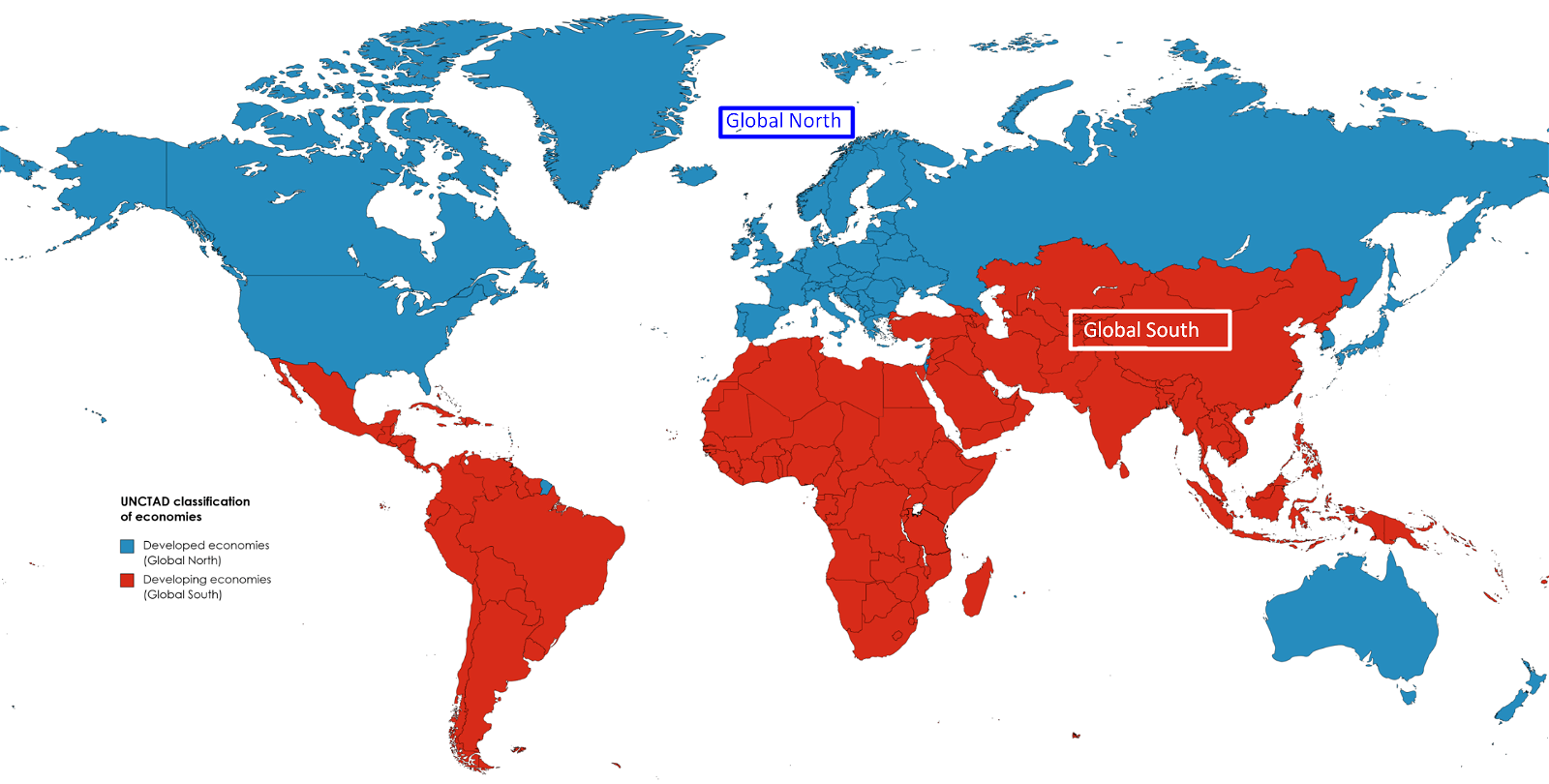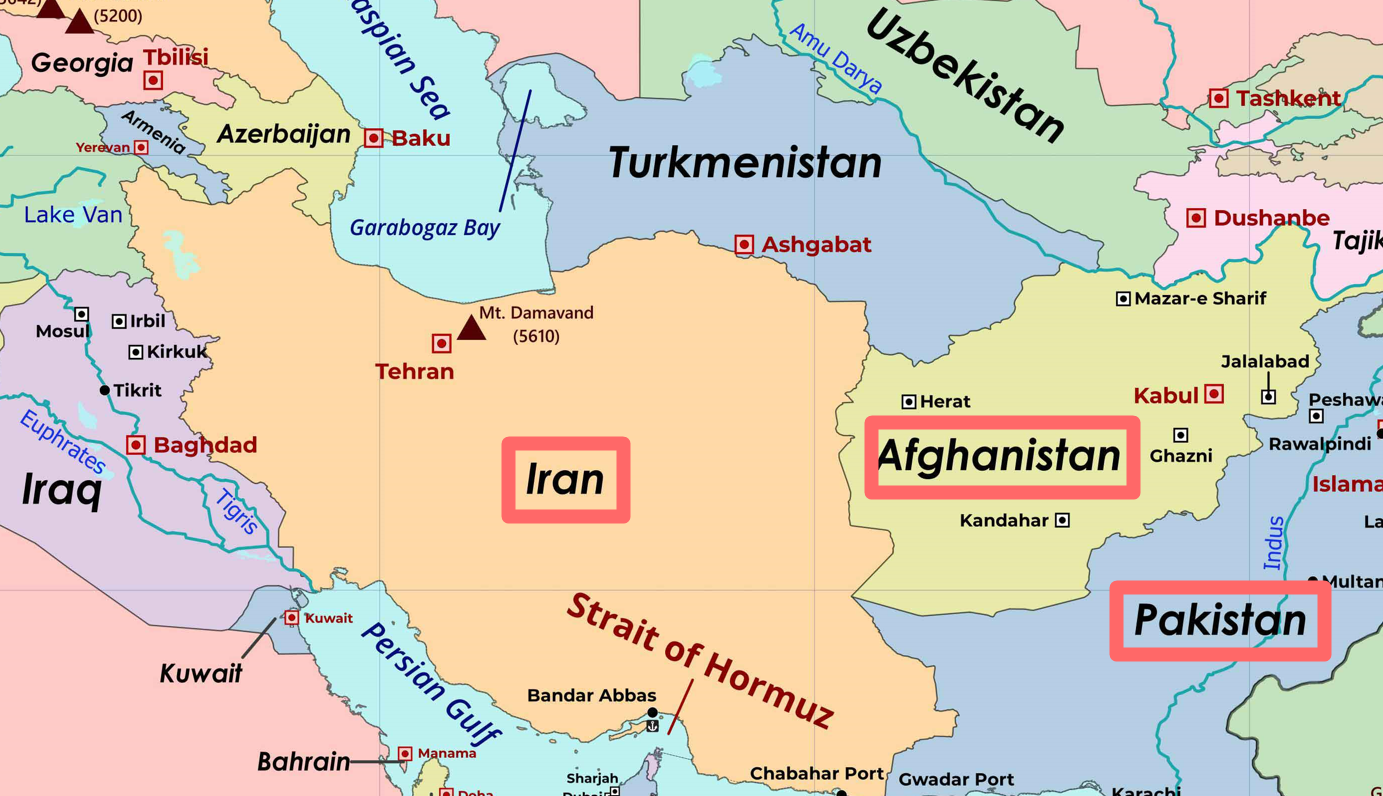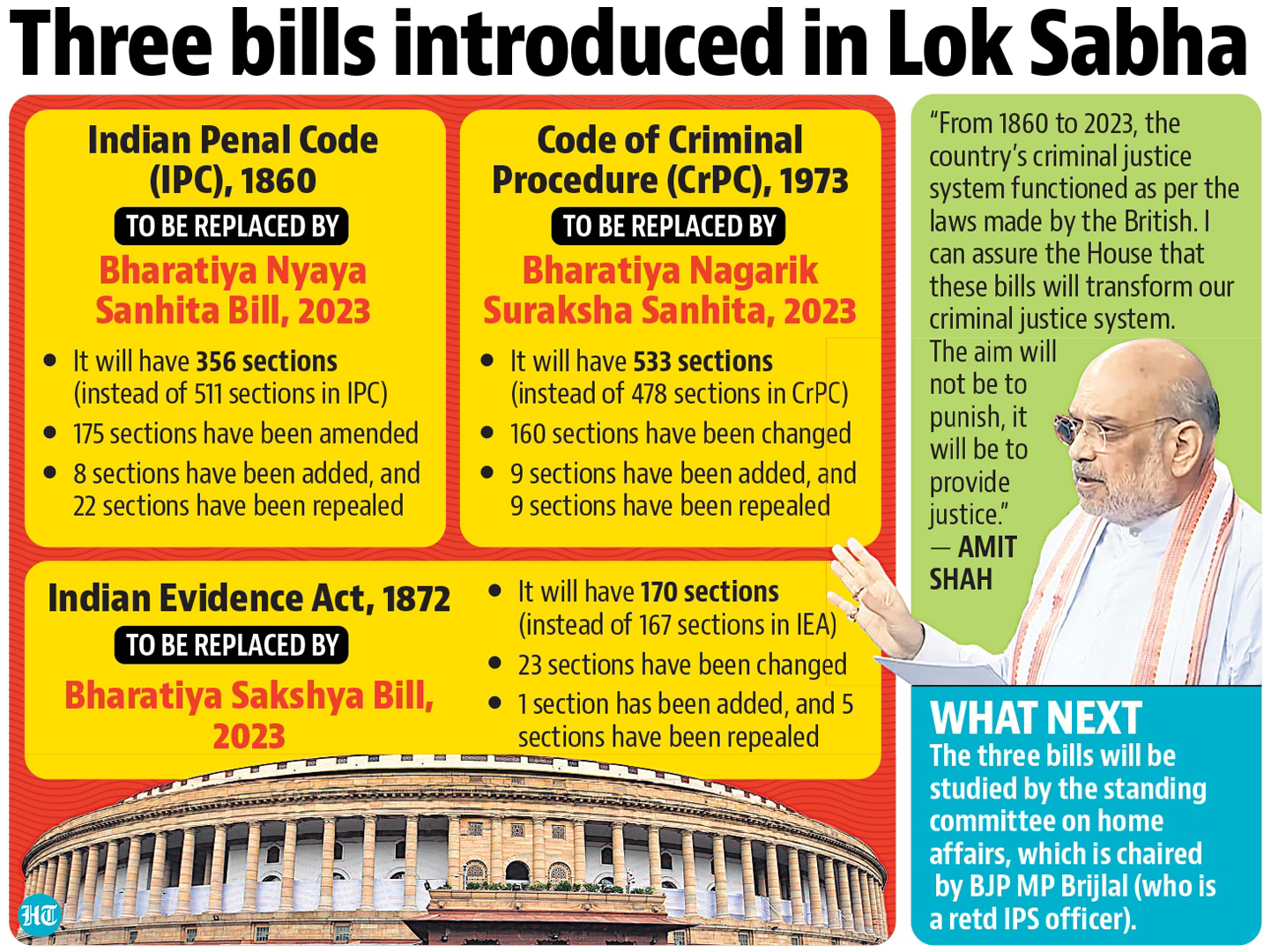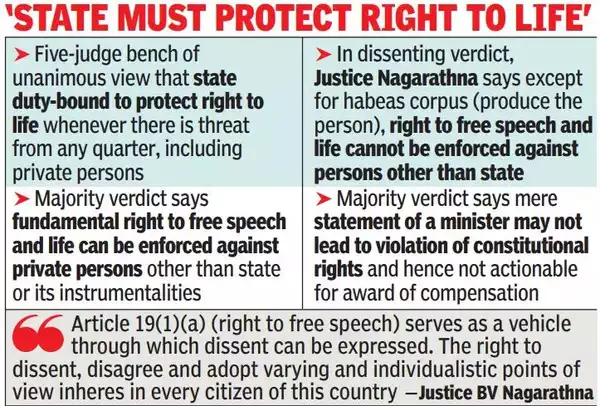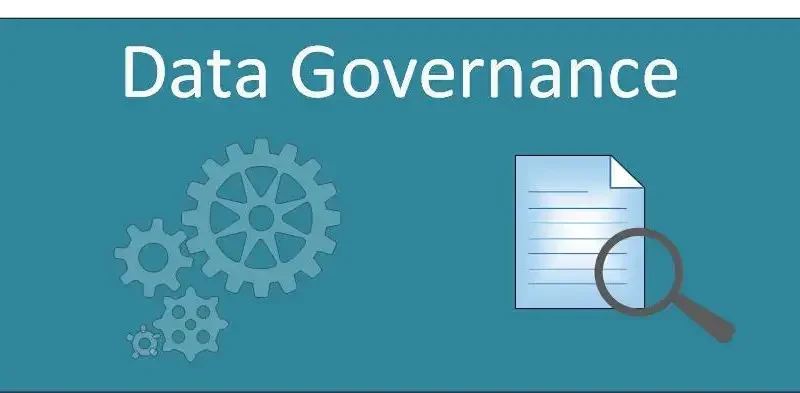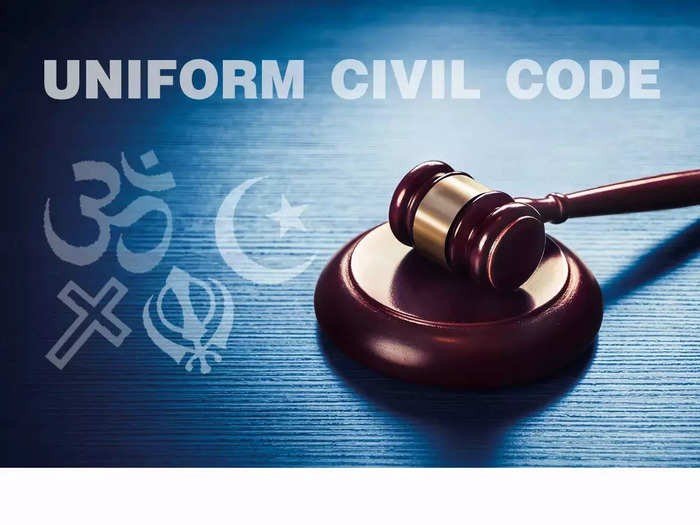
Freedom of the Press vs. Right to Reputation
Subscribers of "Current Affairs" course can Download Daily Current Affairs in PDF/DOC
Subscribe to Never Miss an Important Update! Assured Discounts on New Products!
Must Join PMF IAS Telegram Channel & PMF IAS History Telegram Channel
- Context (IE): Bombay HC directed a journalist to take down social media posts that were found “defamatory” after a businessman filed a defamation suit against the journalist.
Court’s Observation
- The freedom of the press, which is being evolved as a species of speech, will definitely have to be balanced against an individual’s right to his reputation.
- Investigative journalism does not enjoy special protection, and the public interest doesn’t justify publishing content that harms someone’s reputation.
What does the term “Press Freedom” mean?
- Press freedom is a fundamental principle that allows journalists and media organisations to operate without censorship or government interference.
- It is a core component of freedom of expression and is essential for a democratic society.
Constitutional Background
- Freedom of the Press is nowhere mentioned in the Constitution.
- However, Freedom of the press or media refers to the rights given by the IC under the freedom and expression of speech in Article 19(1)(a).
- It encourages independent journalism and promotes democracy by letting the people voice their opinions for or against the government’s actions.
- However, there are certain restrictions in Article 19(2) to protect the nation and its integrity.
Press freedom encompasses the following key aspects
- Freedom from Censorship: Journalists and media outlets should be able to publish or broadcast news and information without government-imposed censorship.
- Access to Information: A free press should have access to information and sources to investigate and report on matters of public interest.
- Independence: Editorial independence ensures that news reporting is based on facts and not influenced by outside interests.
- Protection of Sources: Journalists should be able to protect their sources to encourage whistleblowers and informants to come forward with information without fear of exposure or reprisal.
- Pluralism and Diversity: A free press should encompass a diverse range of viewpoints and opinions, allowing for open debate and discussion in society.
- Accountability: The media should hold those in power accountable by investigating and reporting on their actions and decisions.
Why is freedom of the press critical in India?
- Free exchange of ideas: The press inspires people to think beyond social norms and gives a platform to exchange ideas and thoughts that deserve to be heard by people all around the nation.
- Holding the person or body accountable for their actions: Often, people try to cover up their actions and settle a case without involving the media. The press exposes such situations and ensures that justice is served correctly with the backing of the common people.
- Voice of the people: The press acts as a channel that writes and speaks the thoughts of the people.
- It focuses on the issues that are suppressed and brings forward the ones that should be talked about.
- Fourth pillar of democracy: Since the media is an independent body that challenges the Government, it can be referred to as the fourth pillar of democracy alongside the judiciary, legislative and executive.
Institutions Responsible for Protecting Press Freedom in India
- Press Council of India (PCI): It is a statutory body established under the Press Council Act of 1978.
- Watchdog to safeguard and promote press freedom and the ethical standards of journalism.
- Ministry of Information and Broadcasting: This government body formulates policies and guidelines related to the media sector in India.
- News Broadcasters Association (NBA): NBA is a self-regulatory body representing the private television news and current affairs broadcasters in India.
- It formulates and enforces a code of ethics and standards for television news channels.
- Editors Guild of India: It is a voluntary association of editors of leading newspapers and news magazines in India.
- Legal System: India’s legal system, including the judiciary, plays a significant role in upholding press freedom.
- Courts have the authority to address violations of press freedom, protect journalists, and interpret laws related to media.
- In 1950, the SC in Romesh Thappar v. The State of Madras observed that freedom of the press lay at the foundation of all democratic organisations.
- International Organizations: International organisations such as Reporters Without Borders (RSF) and the Committee to Protect Journalists (CPJ) monitor press freedom in India and raise awareness about violations on the global stage.





![PMF IAS Environment for UPSC 2022-23 [paperback] PMF IAS [Nov 30, 2021]…](https://pmfias.b-cdn.net/wp-content/uploads/2024/04/pmfiasenvironmentforupsc2022-23paperbackpmfiasnov302021.jpg)
